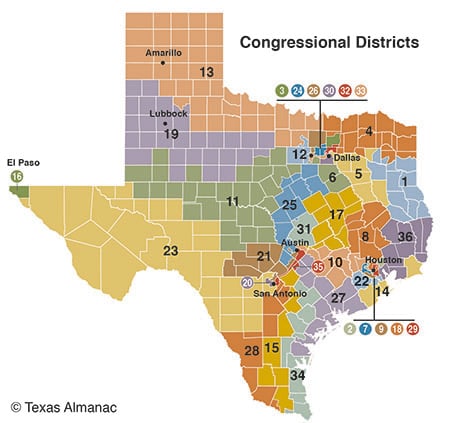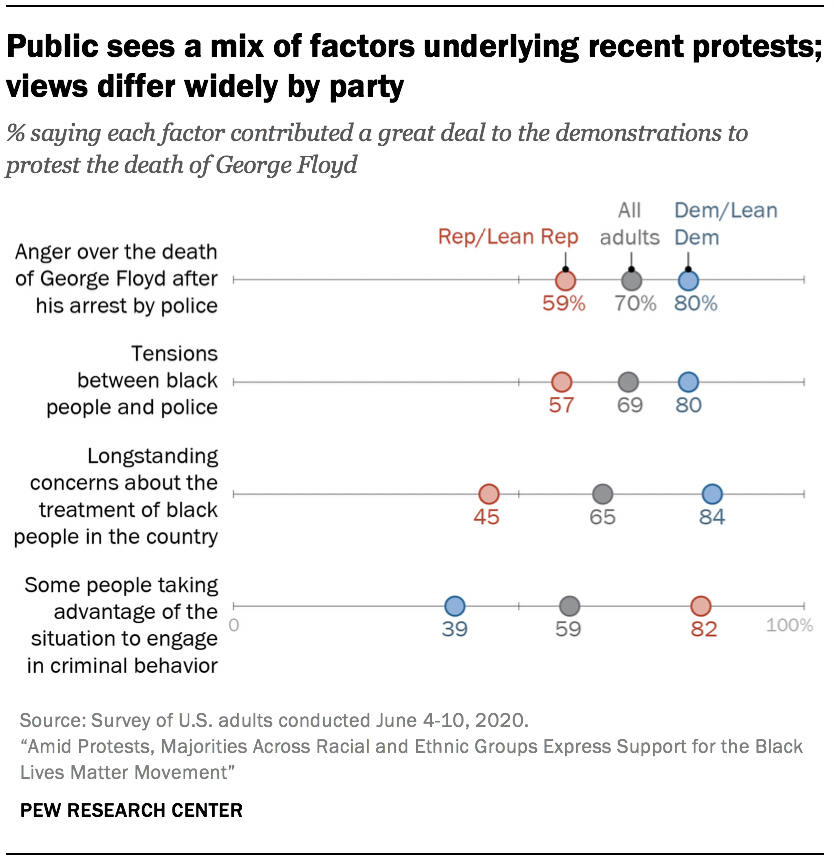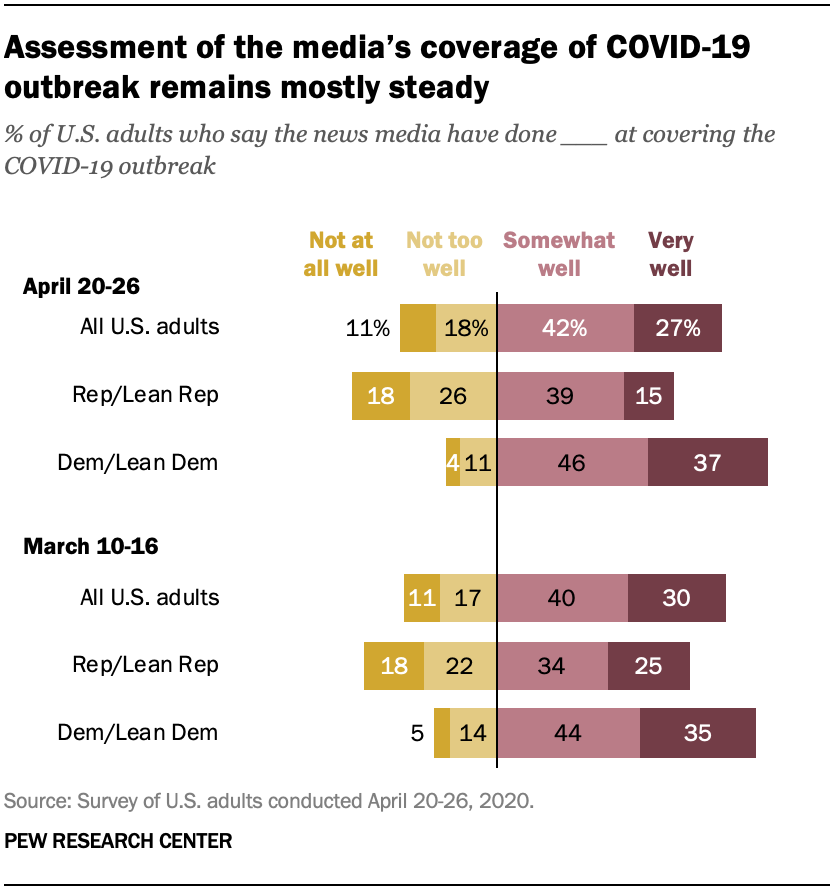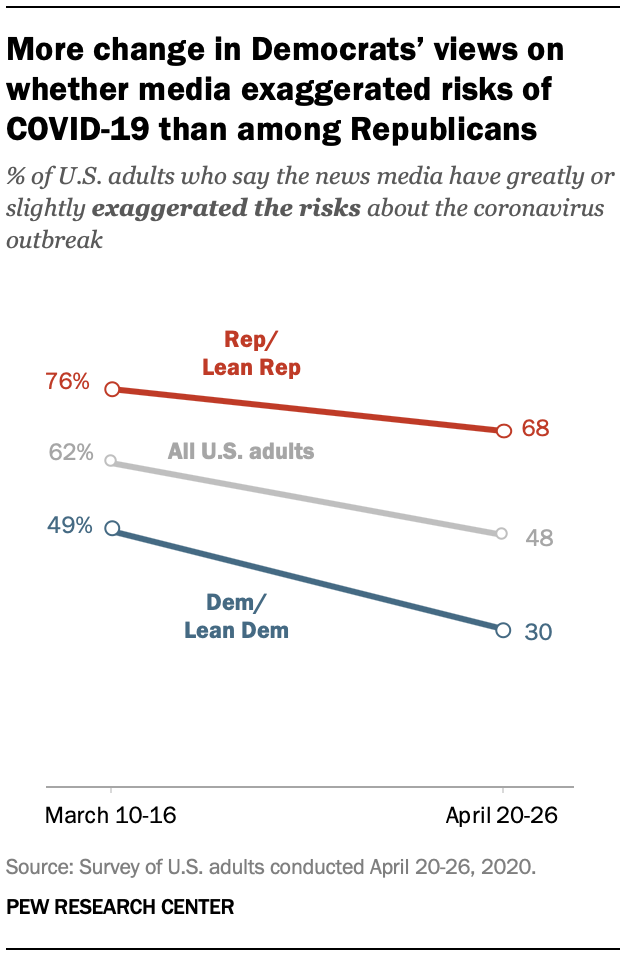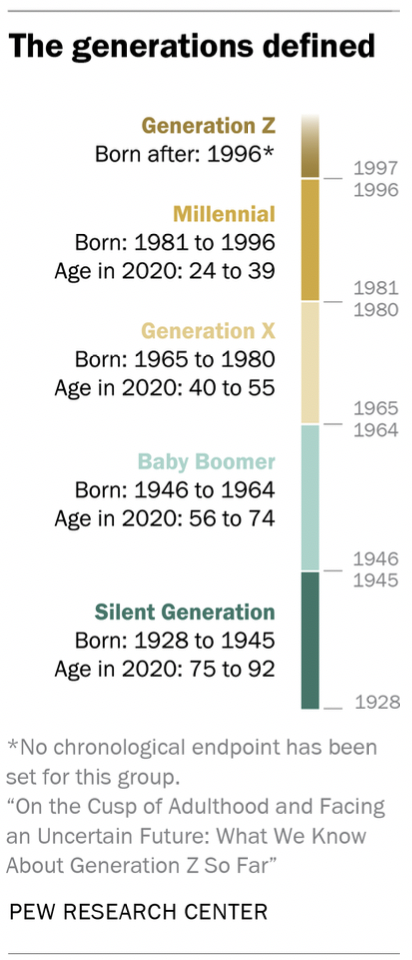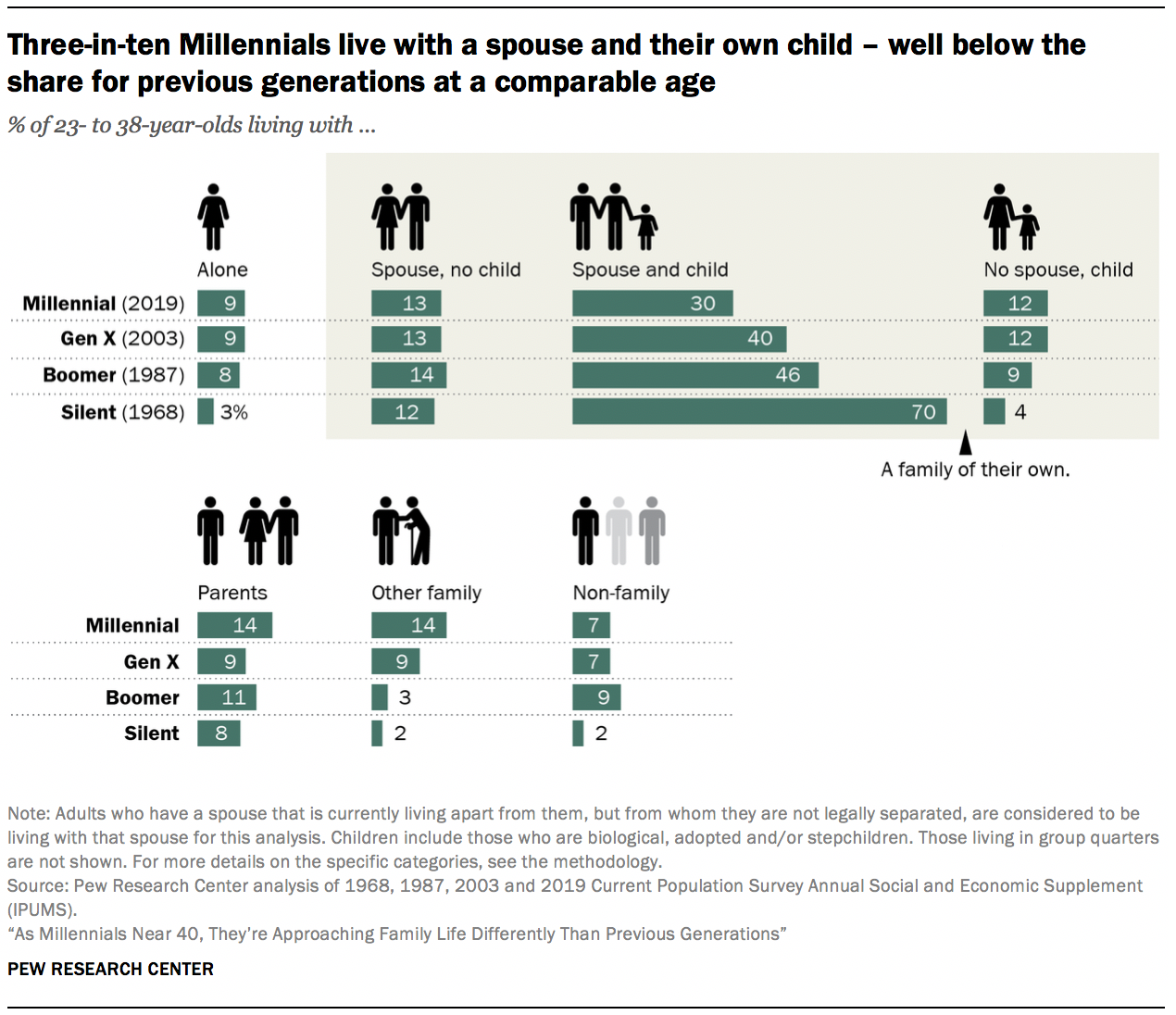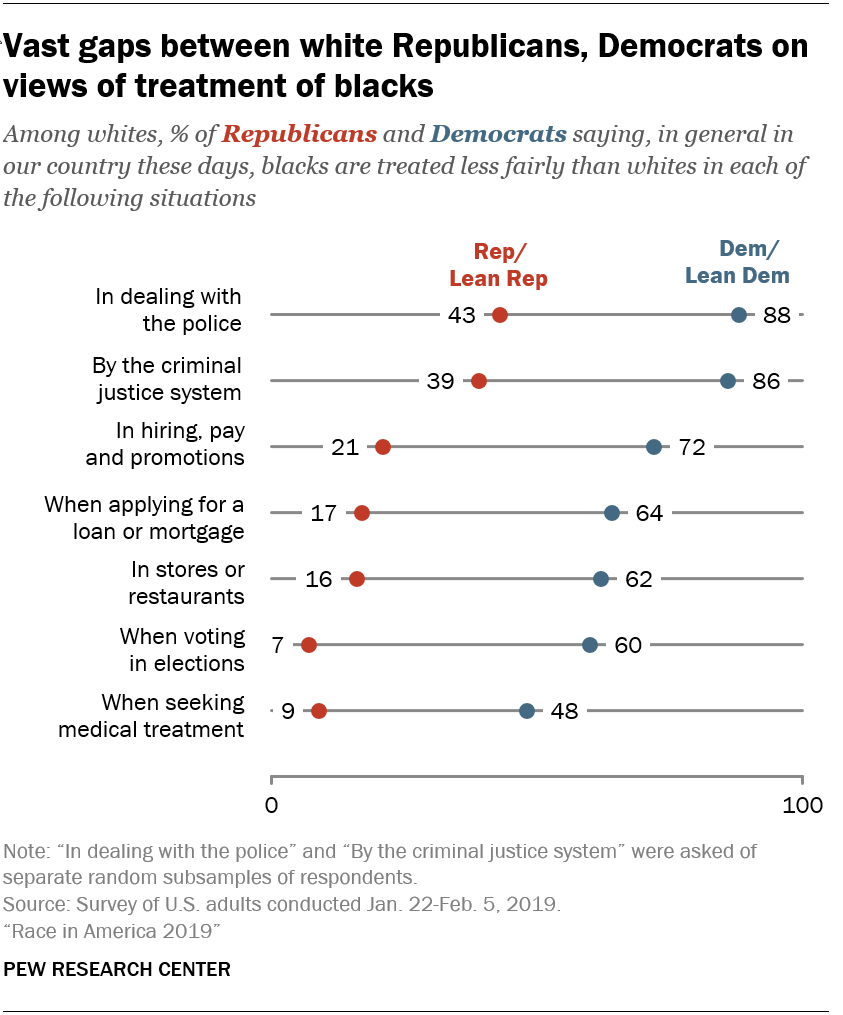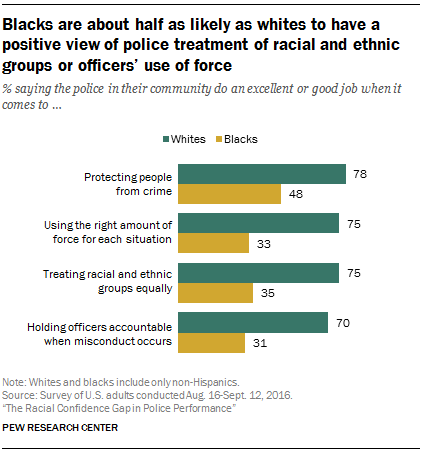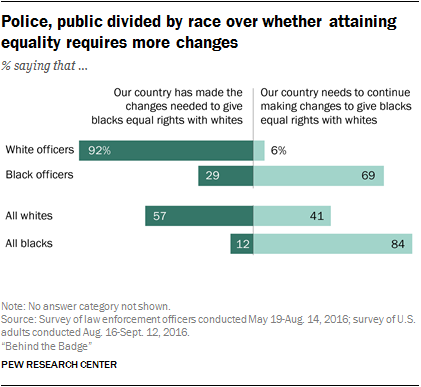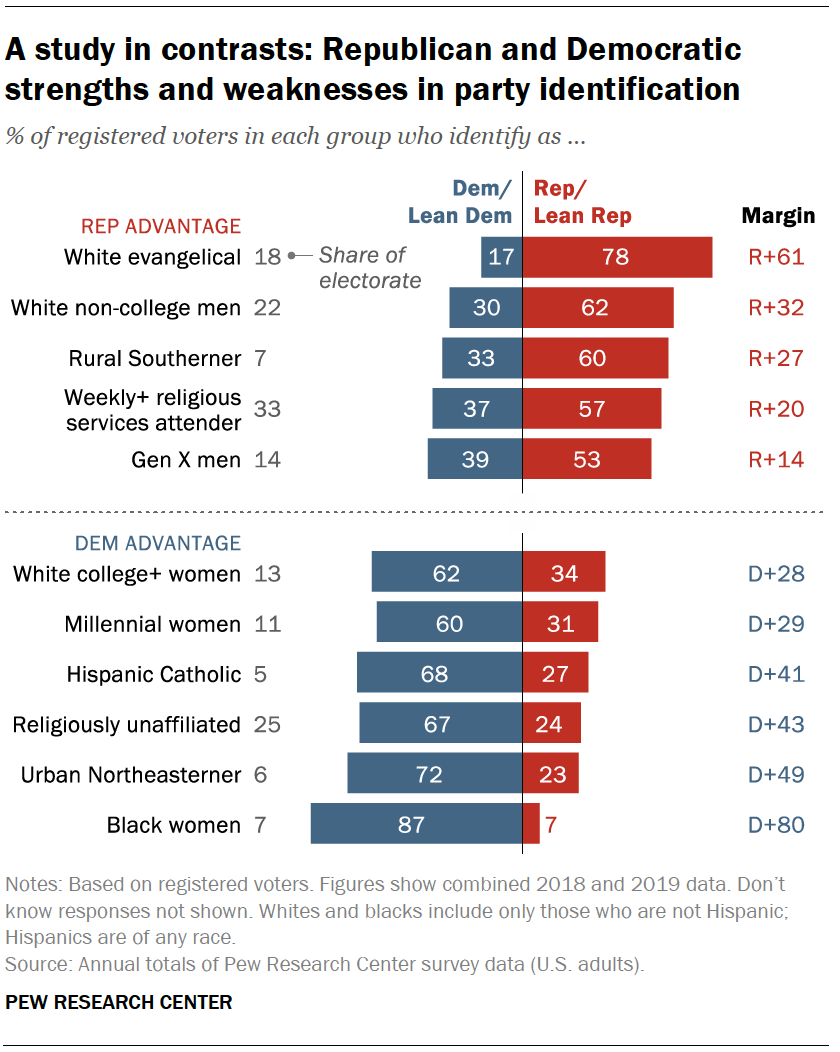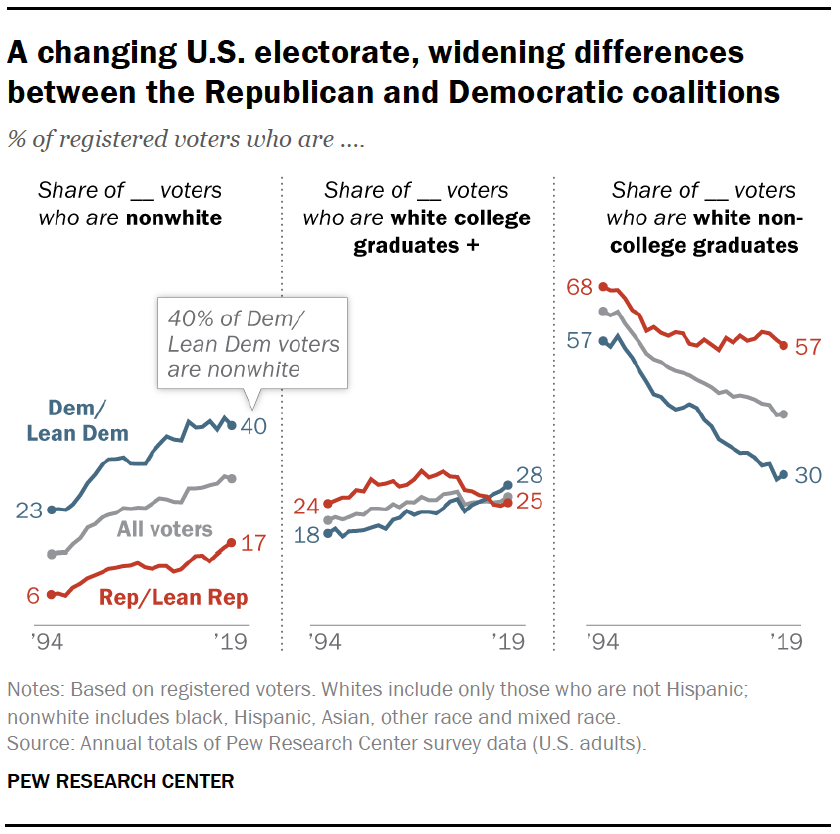- Click here for the article.
On June 26, 1945, the victors of World War II convened in San Francisco to sign the United Nations Charter. One of its most notable provisions was Article 2(4), which required members to “refrain in their international relations from the threat or use of force against the territorial integrity or political independence of any state, or in any other manner inconsistent with the Purposes of the United Nations.” This was a significant and unprecedented prohibition. As Ian Hurd describes it, “For the first time in the history of the Westphalian interstate system, war was made explicitly illegal for all states.” Prior treaties outlawing war, such as the Paris Peace Pact of 1928, included only a subset of states.
With the recent passage of the U.N. Charter’s 75th anniversary, it is a good time to take stock of its effect on world politics. The persistence of militarized interventions in particular has left many observers skeptical of the relevance of the charter’s flagship provision. According to Erik Voeten, “there is no record of the UN actively restricting states from using force, let alone the United States.” Many legal scholars agree. Thomas Franck, the former president of the American Society of International Law, wrote in 1970 that “the high-minded resolve of Article 2(4) mocks us from its grave.”
In a recent book—“In the Shadow of International Law: Secrecy and Regime Change in the Postwar World”—I find that the effect of the U.N. Charter’s prohibition on forcible intervention, at least when it comes to the United States, is more complicated than skeptics allow. Although it has rarely prevented policymakers from intervening abroad, it has had a major influence on how those interventions looked. Concern about openly violating nonintervention often incentivized leaders to rely on covert action, even when doing so jeopardized mission success. Counterintuitively, then, the charter is partly responsible for the rise of secret interventions starting in the mid-20th century.
Links in the article.
- UN Charter.



